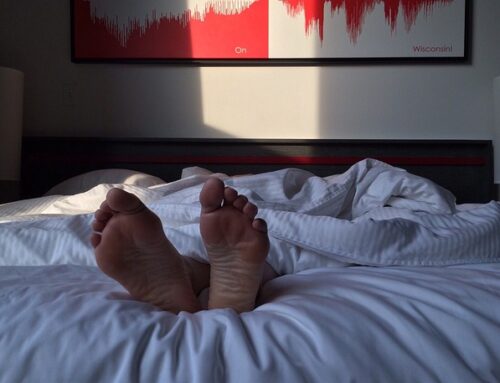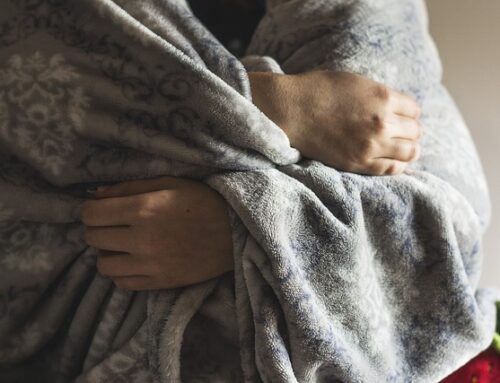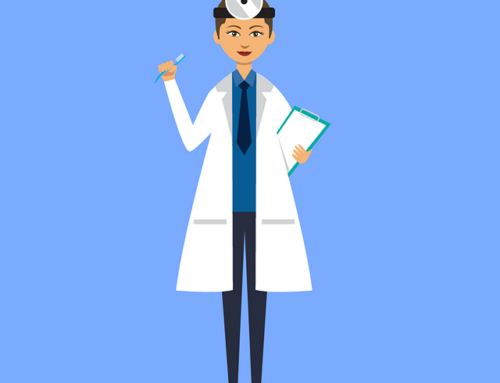In the general population we see a significant amount of people with hypertension and dementia. Hypertension has been shown to be a risk factor for Alzheimer’s dementia and vascular dementia, but it is also strongly connected with obstructive sleep apnea. Recent evidence suggests that sleep apnea is linked with cognitive decline and dementia.
This proves that it is possible that sleep apnea is the final common pathway linking hypertension to the development of dementia. And since sleep apnea is readily treatable, such therapy could potentially delay or prevent the onset of dementia.
What are the connections?
Recently, hypertension has been recognized as a risk factor for cognitive decline and dementia. Both of these conditions are also commonly seen in the general population. However, a significant number of patients with hypertension remain untreated, which can increase their risk for developing long-term negative health consequences.
Sleep disordered breathing, or sleep apnea, is also highly prevalent in the general population and is associated with several adverse cardiovascular outcomes. Sleep apnea has been linked to incident and prevalent hypertension in various studies. It is also thought that sympathetic overactivity leads to the development of high blood pressure in these individuals. It is possible that sleep apnea contributes to the increased risk of cognitive decline and dementia seen in those with hypertension.
Treat patients with sleep apnea now
This means it is important as dentists to provide proper treatment for our patients with sleep apnea. Through oral appliance therapy, you can take the next step toward improving your patients’ overall health and well-being.
For this reason it is extremely important to properly screen your patients each time they visit your office. In doing so, you may be the first to notice a problem. From there you can refer your patient to a sleep physician for further diagnosis and treatment planning.
It is our duty as dentists to continue to provide for our patients, especially knowing the connections between sleep apnea and other conditions.





